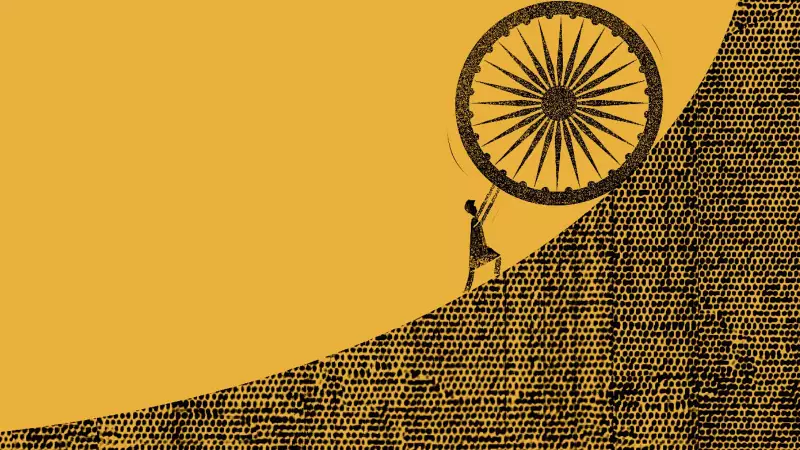
Two Songs, One Vision: The Motherland as Mother
In the annals of India's freedom struggle, two powerful songs emerged as symbols of patriotic fervor, both envisioning the motherland as a nurturing mother figure. Vande Mataram, written by Bankim Chandra Chattopadhyay in 1875, and Amar Sonar Bangla, composed by Rabindranath Tagore, shared a common emotional core that resonated deeply with millions of Indians seeking independence from British rule.
Today, 150 years after Vande Mataram's creation, these sister songs have taken dramatically different political paths. While India celebrates Vande Mataram's sesquicentennial with enthusiasm, Amar Sonar Bangla - now Bangladesh's national anthem - faces criticism from certain political quarters, creating a historical paradox that demands examination.
The Historical Convergence: 1905 Congress Session
The year 1905 marked a significant moment in the intertwined history of these patriotic compositions. During the Indian National Congress session in Benaras, presided over by Gopal Krishna Gokhale, an unexpected star emerged - Sarala Devi, Rabindranath Tagore's niece and an accomplished singer.
The massive crowd, energized by her presence, demanded she sing Vande Mataram, which had become a rallying cry against British administration. Gokhale, concerned about potential disruption, instructed her to sing only the first stanza. However, the emotional tide proved unstoppable, and Sarala Devi ended up performing the entire song, demonstrating its overwhelming popularity.
The same year witnessed another significant development when Lord Curzon announced the partition of Bengal. This controversial move brought Tagore's Amar Sonar Bangla to the forefront of public consciousness. The song had already been introduced to the public nine years earlier when Tagore himself sang it at the Congress's 1896 annual session.
Shared Legacy, Divergent Destinies
Both songs shared remarkable similarities in their patriotic framework and nationalist imagination. They described a bountiful land and, most importantly, celebrated the concept of motherhood where the physical territory transcended into an affectionate mother requiring protection from her children.
After 120 years, this shared legacy has fractured dramatically. While Vande Mataram enjoys official celebration and national reverence, Amar Sonar Bangla faces political vilification. Assam Chief Minister Himanta Biswa Sarma recently criticized the song after a Congress member hummed it during a party session, suggesting it endorsed Bangladeshi claims on Northeast India.
This contemporary political stance represents a historical departure from the songs' original context. Amar Sonar Bangla wasn't adopted as Bangladesh's national anthem until 66 years after its composition, and its significance in India's freedom movement remains an undeniable historical fact.
The motherland has been imagined in various forms throughout Indian history - sometimes as the affectionate Bharat Mata seeking protection from her colonized children, other times as the warrior goddess Kali demanding awakening and action. Both Vande Mataram and Amar Sonar Bangla fit within this rich tradition of maternal symbolism.
When understood in their proper historical context, these two songs represent complementary visions rather than conflicting ideologies. They emerged from the same cultural soil, inspired by the same patriotic yearnings, and deserve equal respect for their role in India's journey to independence.





